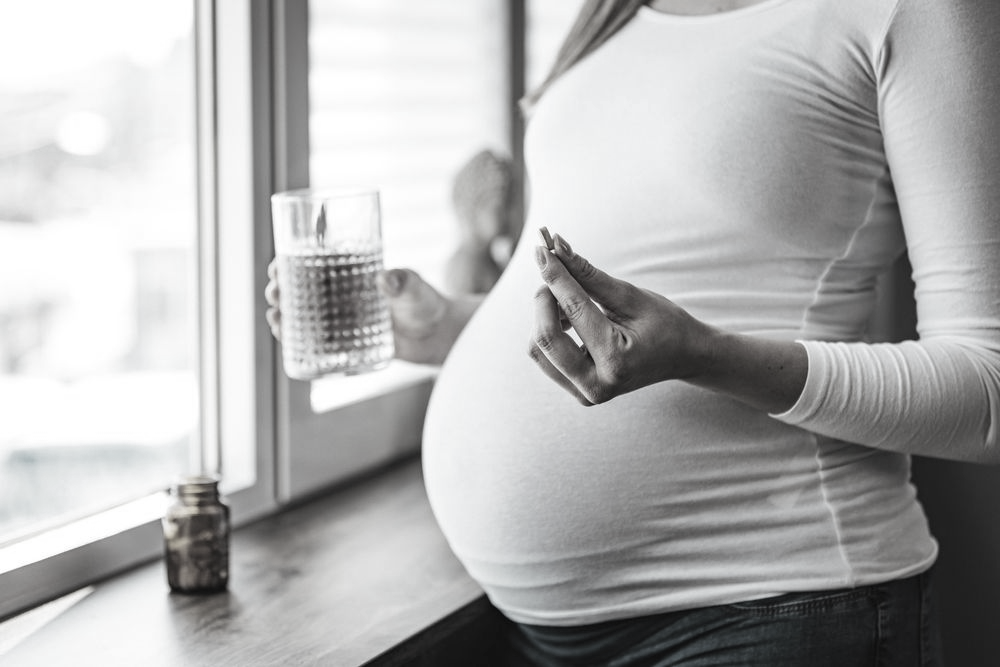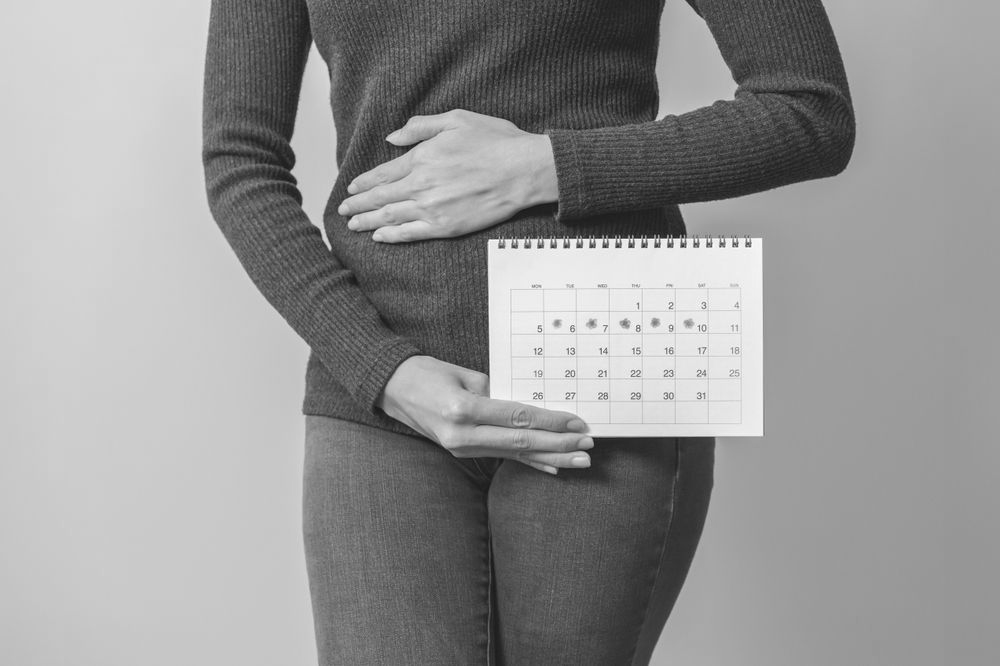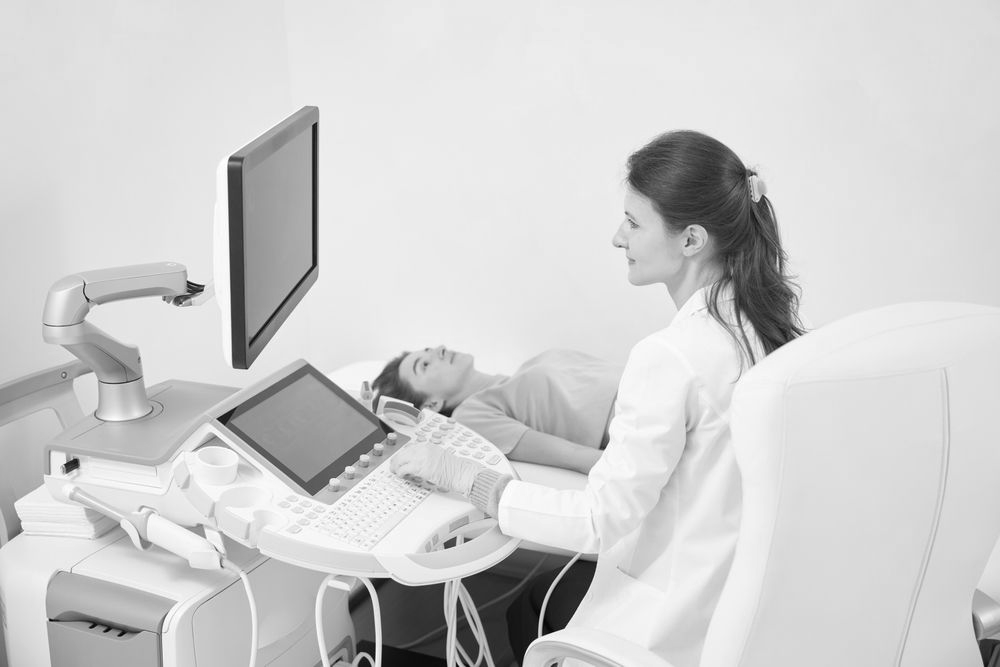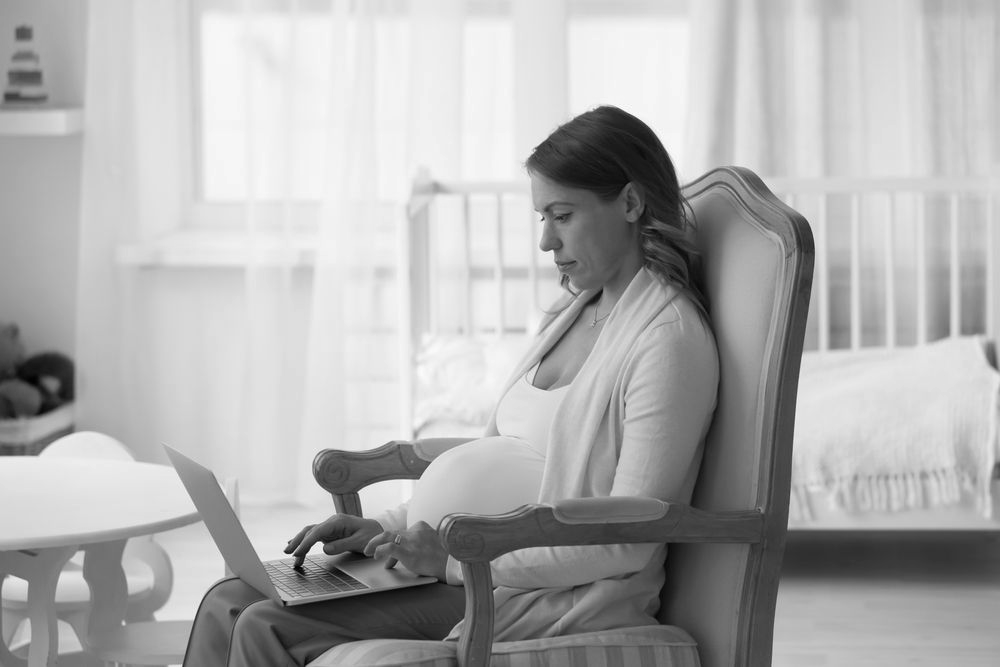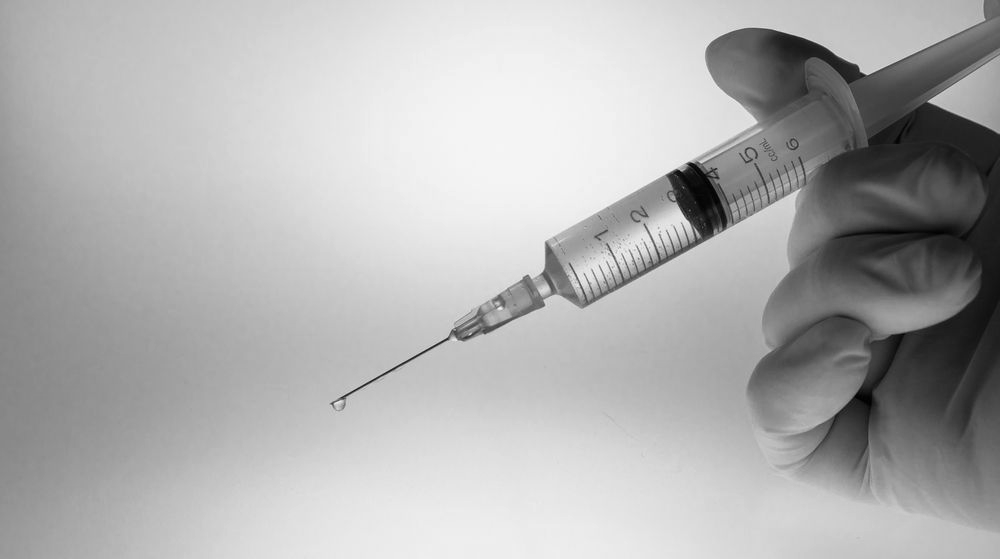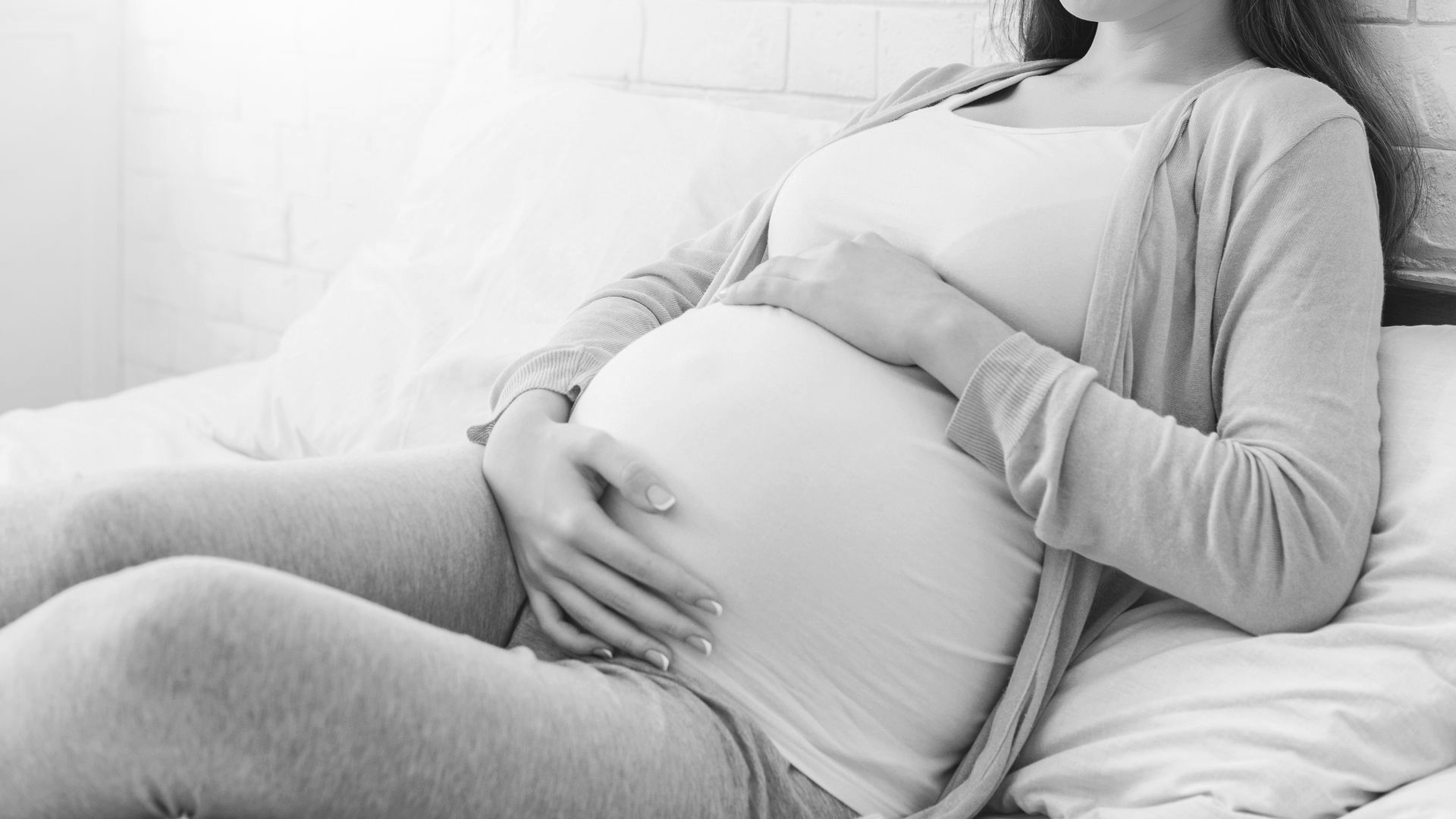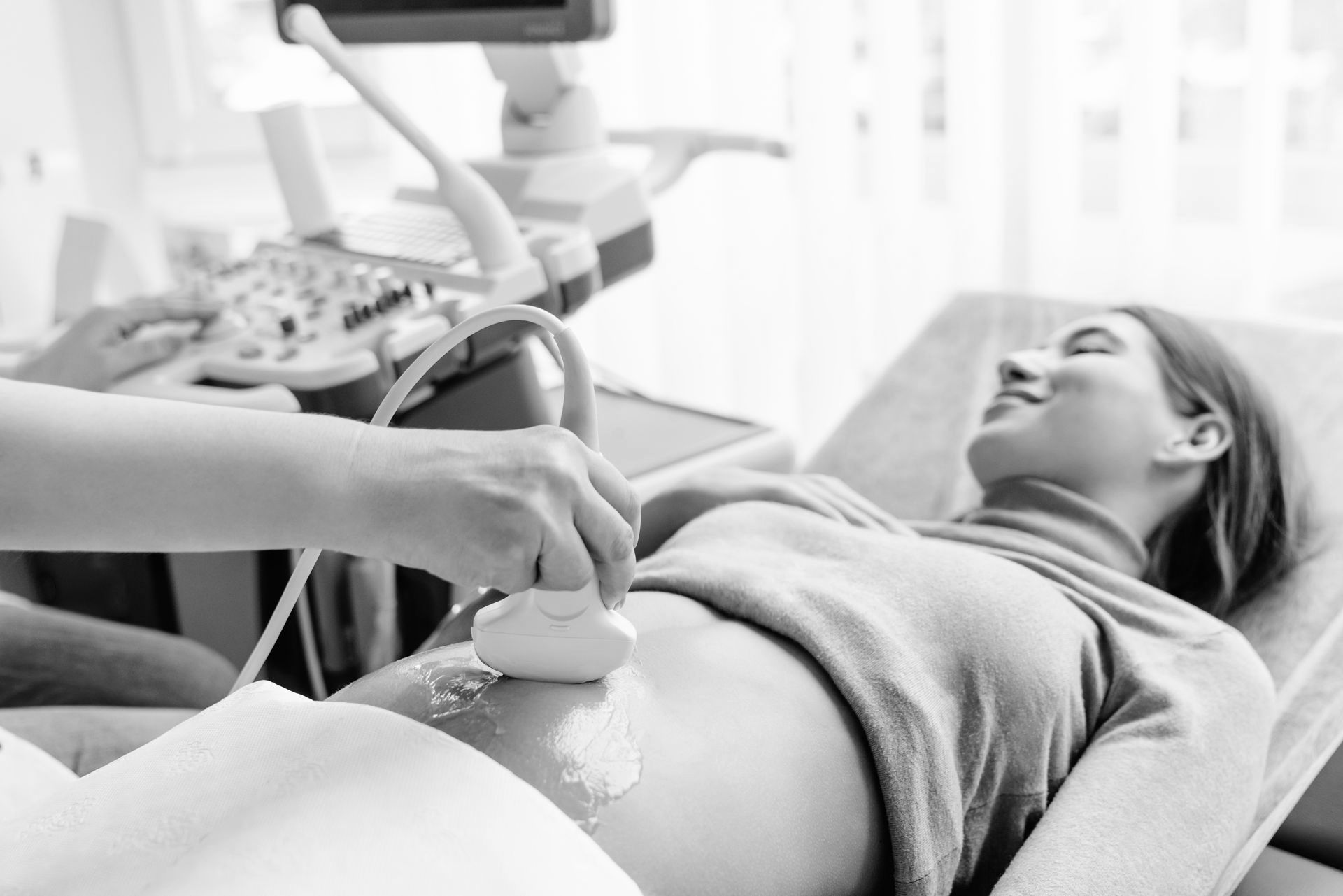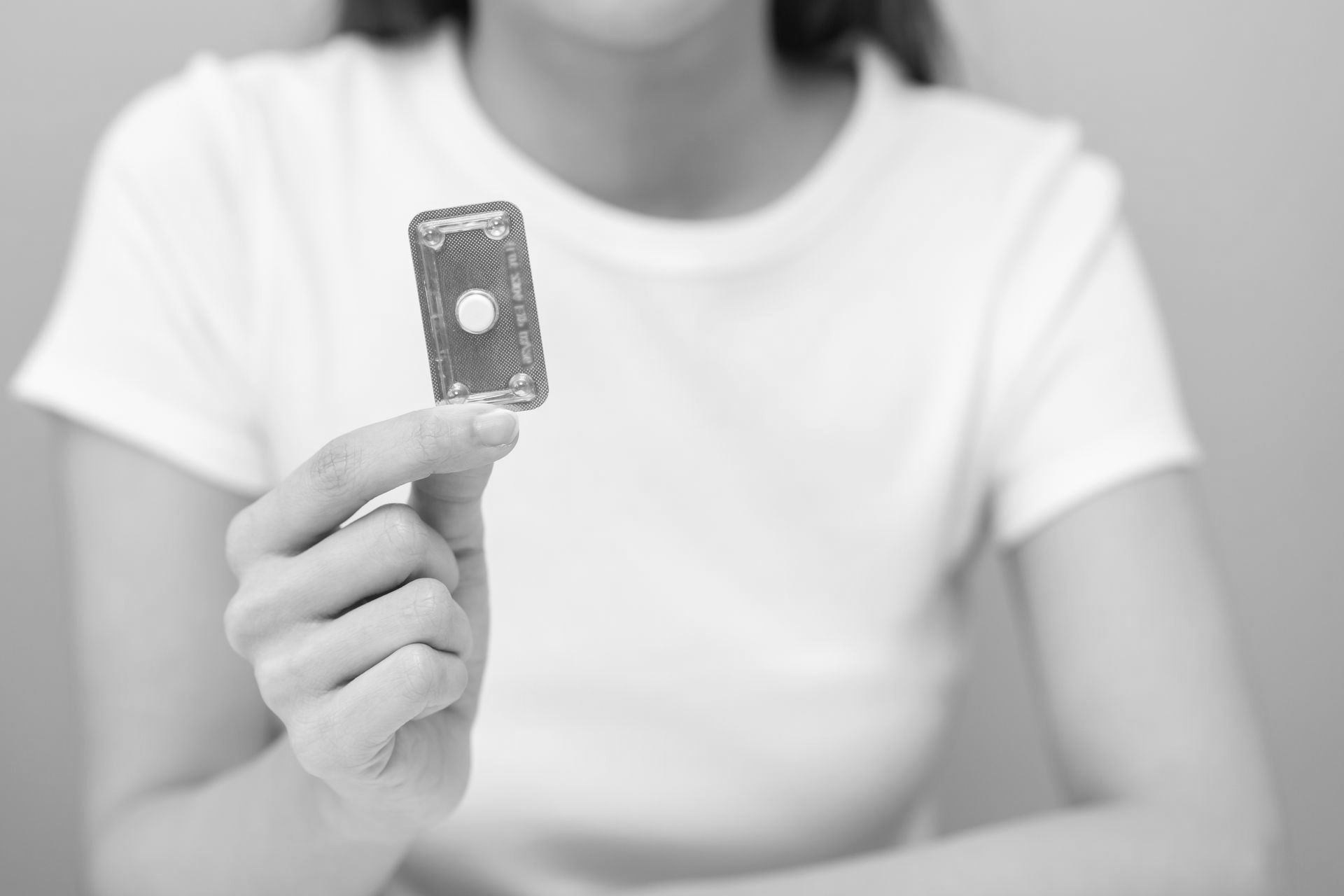Postpartum Depression Self-Care Tips for Healing
Share this Article:

Feeling a wide range of emotions after childbirth, including joy, excitement, love, stress, anxiety, relief, irritability, mood swings, sadness, loneliness, and exhaustion is normal. But for some new moms, these feelings of exhaustion and loneliness are accompanied by worrisome symptoms and do not let up after a few weeks. In these cases, postpartum depression might be the culprit.
What is Postpartum Depression?
Postpartum depression or PPD is a form of depression that can come on after childbirth. It is a serious medical condition that can affect a new mom’s physical and mental health.
Coming home from the hospital can be challenging for new moms, especially if a pregnancy was unplanned, they had a difficult childbirth, or they do not have the support or resources they need to care for a new baby.
While you might feel alone experiencing depression after childbirth, it is more common than you might think. According to the American Psychological Association, up to 1 in 7 women experience postpartum depression after having a baby. This means that even if they have not talked about it, there are likely other women in your family, friend group, or workplace who have gone through the same thing.
PPD can occur at any time during the first year after childbirth, but it is most common in the first few weeks or months.

Postpartum depression presents differently in everyone, but common signs and symptoms include:
- feeling sad, empty, or hopeless
- not feeling a bond or immediate connection with your baby
- feeling anxious or worried
- having trouble sleeping or sleeping too much
- having no interest in activities you used to enjoy
- losing your appetite or eating too much
- feeling restless or having trouble sitting still
- having trouble concentrating or making decisions
- having thoughts of harming yourself or your baby
If you are experiencing any of these symptoms, talk to your doctor as soon as possible. Postpartum depression is treatable, and with the right treatment, you can feel better.
What Causes Postpartum Depression?
The exact cause of postpartum depression is unknown, but researchers believe it is caused by a combination of factors, including:
- Hormonal changes. After childbirth, there are significant hormonal changes that occur in your body. These changes — such as a drop in estrogen and progesterone levels — can lead to mood swings, anxiety, and depression.
- Sleep deprivation. New moms often get little sleep, which can contribute to fatigue, irritability, and depression.
- Lifestyle changes. Having a baby can be a major life change, so physical and emotional changes can follow.
- Medical conditions. Some medical conditions such as thyroid problems can increase the risk of postpartum depression.
- Personal or family history of depression. If you or someone in your immediate family has been diagnosed with depression in the past, it might put you at a higher risk of developing postpartum depression.
Certain risk factors such as financial problems, a lack of social support, or a history of trauma or abuse can increase your risk of PPD. If you believe you are at higher risk of developing PPD, there are steps you can take in advance to help reduce that likelihood. Talk to your doctor, get prenatal and postpartum care, build a strong support network, take care of yourself physically and emotionally, and get help if you start to feel overwhelmed.
It is important to start as early as possible. Pregnancy options clinics can help by connecting you with local resources that can offer financial assistance, social networking, medical care, parenting classes, and supplies.
How Can You Overcome Postpartum Depression?

Effective treatment for postpartum depression often involves a combination of approaches, including psychotherapy, medication, support groups, lifestyle changes, and safety plans. Psychotherapy can help you understand why you think, feel, and behave the way you do and develop coping mechanisms to deal with the stress and anxiety that comes with having a new baby.
There are many different providers, formats, and types of psychotherapy — including online and evening options — so you can find one that works well for you.
Medications can help balance your hormone levels, reduce your anxiety, and improve your mood and energy. Be sure to tell your doctor if you are breastfeeding, so they can make sure any prescribed medications are safe for both you and the baby.
Support groups provide a safe place to talk to other women who are going through the same thing, which can be helpful as you adjust to these changes in your body and lifestyle.
Lifestyle changes — getting enough rest, eating foods that nourish your body, drinking plenty of water, taking vitamins, and exercising regularly — can improve your mood and energy levels. In many cases, new moms have to ask for help from friends and family members to take time to care for themselves, and that is okay.
Finally, safety plans ensure you know what steps to take if you are thinking about harming yourself or your baby. They typically include warning signs, coping mechanisms, people who can help, and resources that can help. Work with your doctor or psychiatrist to develop a plan in case you feel hopeless or overwhelmed. While everyone’s experience is unique, most women start to feel better a few weeks or months after beginning treatment for PPD.
If you think you may be facing an unplanned pregnancy, get the support and early intervention you deserve at Willow Womens Center. From free pregnancy testing to early ultrasound, STI screening, and free diapers for new moms, our team provides compassionate services, caring for you and reducing your risk of PPD. Schedule an appointment at Willow Womens Center in Beloit, WI, today to get the services you need to stay healthy. If you think you may suffer from any depression symptoms, it is important that you reach out to your primary care provider to discuss the next best step for your personal situation.
Connect with Us:


